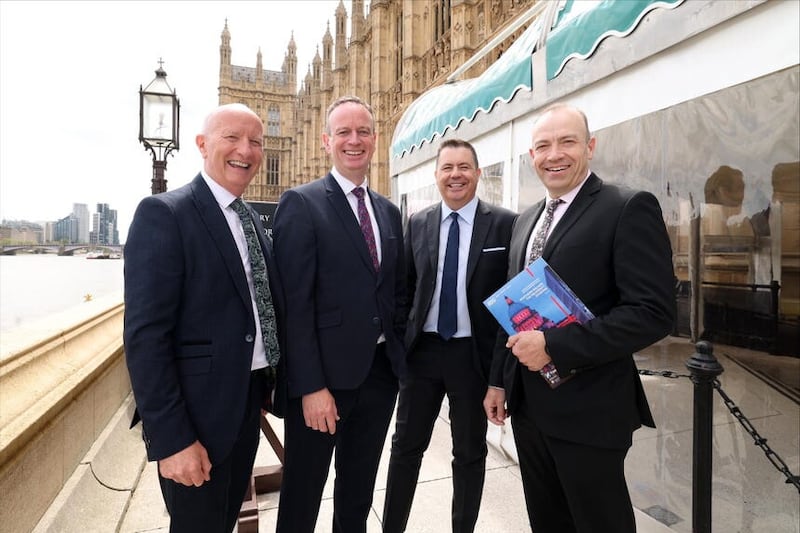NEWS last week of another 95 jobs at Bombardier being at risk will be deeply unsettling for the workforce and their families. But sadly it is another sign of the distress Covid has brought to the local aerospace sector which has seen some 2,000 jobs leaking away in 2020.
Expect promises of retraining and reskilling as a response but these are some of our most skilled workers already. Preparing these workers for other industries is a real waste of talent and of opportunity.
The best place for them would be to move in to our SME manufacturers. Bringing their experience and expertise to this part of industry could catapult the fortunes of these businesses.
For that to happen, these firms need to survive. However, as yet, there is no signs that the Executive will come to their aid like they have done for sectors. These export focused, high value added advanced manufacturing firms are just the ones that every region across these islands are falling over themselves to attract and support yet here they have to fend for themselves.
Manufacturing is one of the toughest and most expensive businesses to start. It is not simply the case of getting premises and a team together, buying some stock, getting your marketing right and opening the doors with customer waiting outside.
It is all of that, but with a big capital outlay on machinery, whose value is written down over 20 or 30 years, building a team with technical expertise, establishing complex global supply chains, months and years of product development, getting product and market approvals and then a long wait for prospects to have the confidence to be turned in to customers.
In many cases, it is a very long runway which sometimes requires significant lengthening before the business takes off.
With manufacturing businesses so difficult to start up, it becomes even more important that the Executive and its agencies are there for those who have made it through the difficult early years.
The Finance Minister provided a four-month rates holiday, but business rates bills have started to land again including for those still closed. The Chancellor stepped in to support payroll, but costs for employers have begun to ramp up before the furlough scheme closes at the end of October (interesting news this week that Angela Merkel has extended their equivalent of flexi-furlough to 24 months . . . so go on Rishi, you know it makes sense).
However, it is now three months since the Economy Minister closed the business grant schemes which were hugely welcome by lots of businesses – whether they needed the grants for not. At least £53m remains unspent. Despite commitments that those who fell between the cracks would be supported if money were available, as yet no proposal have been put to the Executive to distribute this underspend to those firms in dire need.
We all eagerly await our economic rebuilding plan, but that will only work if we rescue our SMEs. We can’t afford to let them fail.
Stephen Kelly (stephenkelly@manufacturingni.org) is chief executive of Manufacturing NI (www.manufacturingni.org). Twitter: @ManufacturingNI






